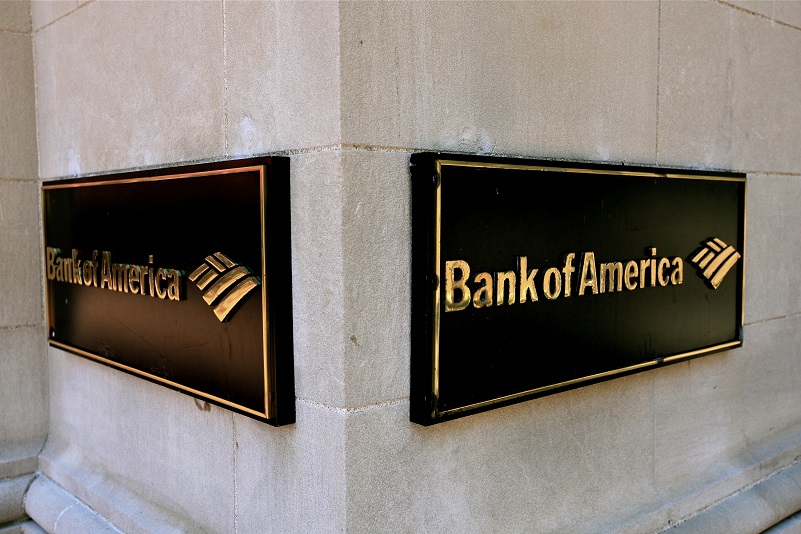BROWSE BY TOPIC
- Bad Brokers
- Compliance Concepts
- Investor Protection
- Investments - Unsuitable
- Investments - Strategies
- Investments - Private
- Features/Scandals
- Companies
- Technology/Internet
- Rules & Regulations
- Crimes
- Investments
- Bad Advisors
- Boiler Rooms
- Hirings/Transitions
- Terminations/Cost Cutting
- Regulators
- Wall Street News
- General News
- Donald Trump & Co.
- Lawsuits/Arbitrations
- Regulatory Sanctions
- Big Banks
- People
TRENDING TAGS
Stories of Interest
- Sarah ten Siethoff is New Associate Director of SEC Investment Management Rulemaking Office
- Catherine Keating Appointed CEO of BNY Mellon Wealth Management
- Credit Suisse to Pay $47Mn to Resolve DOJ Asia Probe
- SEC Chair Clayton Goes 'Hat in Hand' Before Congress on 2019 Budget Request
- SEC's Opening Remarks to the Elder Justice Coordinating Council
- Massachusetts Jury Convicts CA Attorney of Securities Fraud
- Deutsche Bank Says 3 Senior Investment Bankers to Leave Firm
- World’s Biggest Hedge Fund Reportedly ‘Bearish On Financial Assets’
- SEC Fines Constant Contact, Popular Email Marketer, for Overstating Subscriber Numbers
- SocGen Agrees to Pay $1.3 Billion to End Libya, Libor Probes
- Cryptocurrency Exchange Bitfinex Briefly Halts Trading After Cyber Attack
- SEC Names Valerie Szczepanik Senior Advisor for Digital Assets and Innovation
- SEC Modernizes Delivery of Fund Reports, Seeks Public Feedback on Improving Fund Disclosure
- NYSE Says SEC Plan to Limit Exchange Rebates Would Hurt Investors
- Deutsche Bank faces another challenge with Fed stress test
- Former JPMorgan Broker Files racial discrimination suit against company
- $3.3Mn Winning Bid for Lunch with Warren Buffett
- Julie Erhardt is SEC's New Acting Chief Risk Officer
- Chyhe Becker is SEC's New Acting Chief Economist, Acting Director of Economic and Risk Analysis Division
- Getting a Handle on Virtual Currencies - FINRA
ABOUT FINANCIALISH
We seek to provide information, insights and direction that may enable the Financial Community to effectively and efficiently operate in a regulatory risk-free environment by curating content from all over the web.
Stay Informed with the latest fanancialish news.
SUBSCRIBE FOR
NEWSLETTERS & ALERTS
How Much Did the Financial Crisis Cost BofA's Biggest Shareholder?
[Photo: by Alex Proimos / Wikimedia Commons]
An investment valued at $1.7 billion fell to $101 million.
John Maxfield, writing for The Motley Fool, recently came across Meredith Spangler’s name from Bank of America’s 2009 proxy statement. It was about the time that BofA had diluted its stock to raise capital in the wake of the financial crisis.
At the time, Spangler held or exercised control over 32.1 million shares of Bank of America, nearly 7 times as much as then-CEO Ken Lewis did. She also, not coincidentally, sat on BofA’s board of directors until turning 72, the bank's age limit for directors.
Spangler's husband, Clemmie Spangler, Jr., a businessman from the bank's hometown of Charlotte, NC, had acquired the stake in 1982 when he sold the Bank of North Carolina, which he owned, to North Carolina National Bank, a predecessor company to Bank of America.
At its peak in 2006, the Spangler family's investment in Bank of America was worth $1.7 billion. Today, it's worth $710 million – presuming they haven't sold any of it.
The magnitude of the decline sounds bad, but at one time it was worse. In March of 2009, Bank of America's stock had dropped from a pre-crisis peak of $54.90 a share down to a post-crisis trough of only $3.14 a share. At its low point, the investment was worth a comparatively modest $101 million.
The rebound in Bank of America's shares has thus had a meaningful impact on Clemmie Spangler's net worth. According to Forbes, he's currently worth $3.9 billion, most of which it seems is related to his ownership of National Gypsum, a drywall manufacturer that he owns outright.
TO FORGIVE AND FORGET. What may be most surprising about Spangler is that he isn't hostile toward Bank of America.
When asked about the fact that the bank's share price remained well below its pre-financial crisis levels, he responded that "It would take a lot more than that to get me frustrated."
Two lessons that other investors can take away from this story: (i) always think twice before abandoning investments after they've temporarily declined in value - oftentimes they'll recover; and, (ii) because investments rise and fall in value all the time, there's no reason to let yourself be frustrated by that fact.





